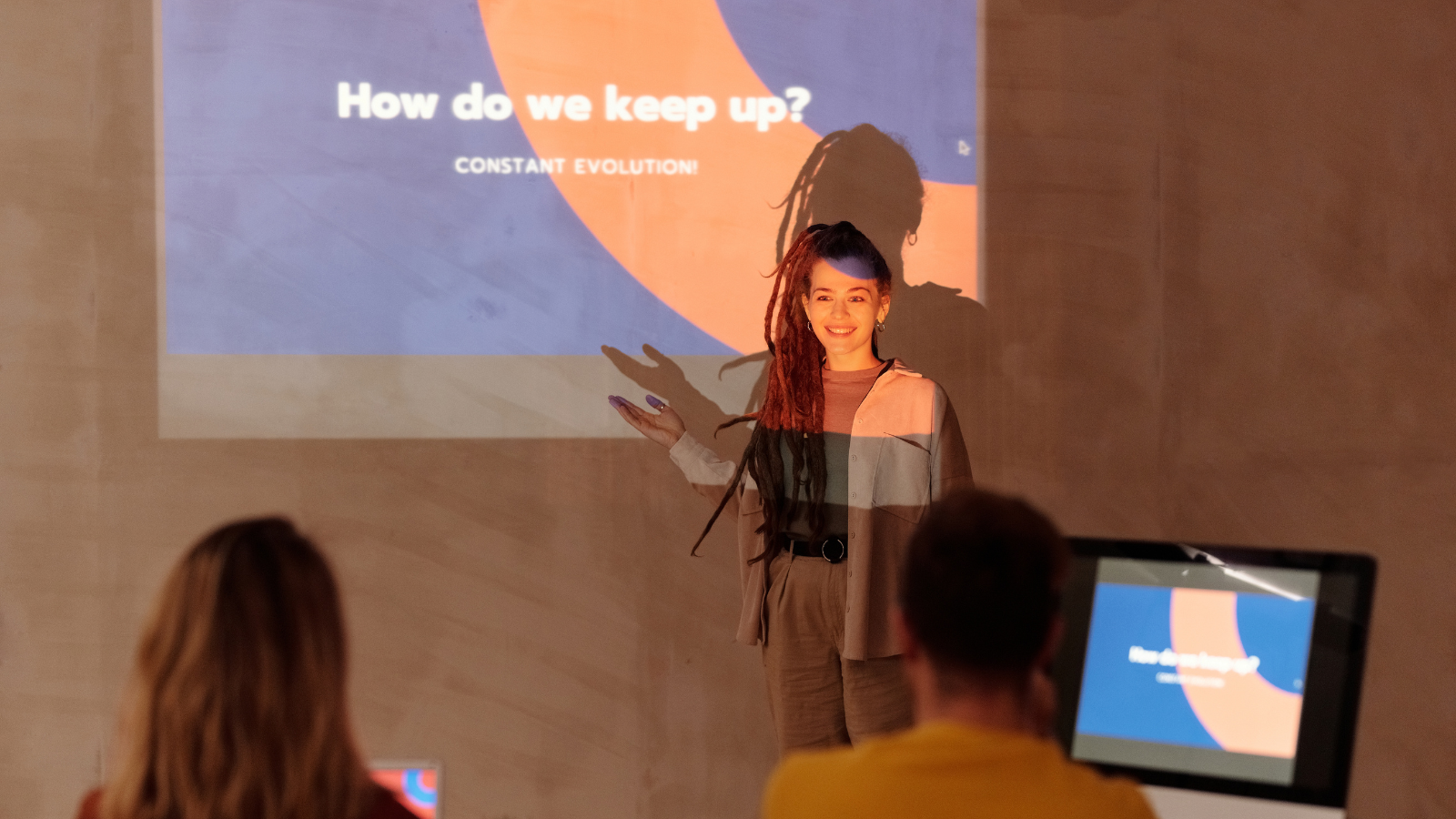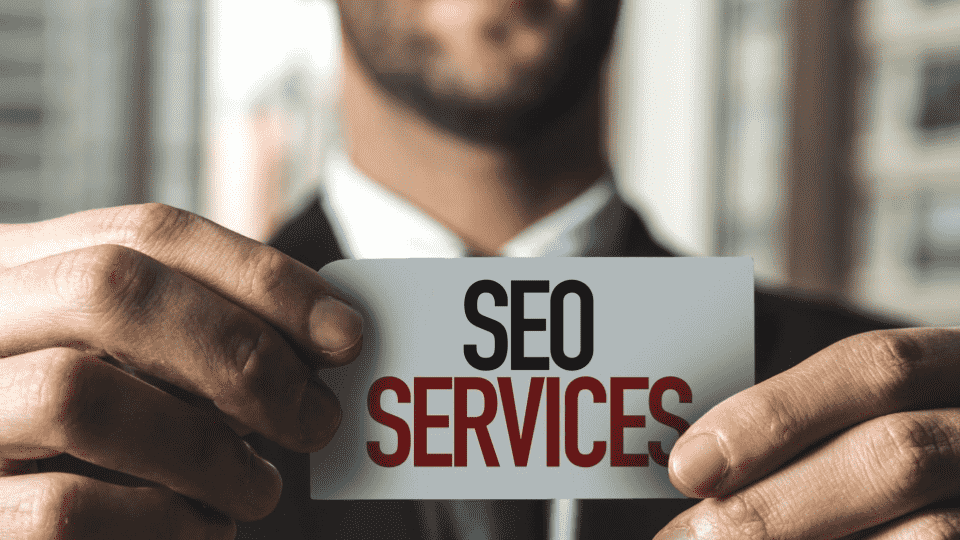The Future is Here: How to Generate Leads with AI in 2023
Lead generation is a massive priority for businesses, to the point that 9 out of 10 marketers call it their biggest and most important goal. That said, the best ways to generate leads vary by industry and target audience so much that creating a custom strategy has become a necessary step.
Doing so requires a huge amount of work and dedication on your end. The good news is that artificial intelligence (AI) can reduce your workload while boosting the results you get from your marketing activities. Here are seven ways that AI can help you generate leads in 2023.

1. Predictive Analysis
Some AI models are up to 125,000 times faster than human neurons, which means that they can process the same data in a much shorter period. Not only this but AI models can be trained to perform a huge range of tasks, including predictive calculations. If you collect enough information, you should be able to train your AI until it can perform predictive analytics calculations and accurately determine how successful your campaigns will be.
2. Content Personalization
In addition to crunching numbers, AI assistants like ChatGPT can help you create personalizable content that you can edit and use to engage your clients. The idea here is to determine what channels you’ll use to engage your audience and ask your AI assistant to create templates that you can personalize later. Most consumers (69%) prefer personalized content, but make sure that the message doesn’t sound like it was created from a template.
In this evolving digital landscape, the application of AI extends beyond content creation to areas such as travel planning and customer service, revolutionizing the way businesses interact with their customers. For instance, integrating AI in travel can streamline the itinerary planning process, offering personalized recommendations and updates to travelers, thereby enhancing the overall travel experience.
3. Around the Clock Support (and Sales!)
Every time one of your customers interacts with your company, you have a chance to potentially generate a lead. The best part is that AI allows you to field messages outside your working hours, reply right away, and let customers know you’re already working to answer their questions. Moreover, you can also train your AI representative to complete easy tasks, allow users to make changes to their accounts, and pitch/sell additional services.
4. Lead Engagement
The process of nurturing leads is just as important as generating potential customers. However, engaging individual leads is time-consuming, especially if you start generating interest from large groups at the same time. Fortunately, AI technology now allows you to welcome each lead, personalize their greetings, and take different steps that move these users down the sales funnel without additional human input.
5. Lead Scoring
Another step you can take after generating each lead is scoring it. While not mandatory, scoring your leads will greatly improve your conversion rates, plus it will tell you which leads have the highest revenue potential. Since you can train AI models to perform a wide range of tasks, it’s possible to teach your smart assistant to score your leads and use this feature to quickly assess the quality of each potential customer generated.
6. Optimization Automation
AI software is now advanced enough to identify your preferred audience, segment your target groups, and make sure that your paid ads are operating as efficiently as possible. Not only this, but AI tools can also help adjust your ad schedules, re-targeting settings, and ad content based on the results you’ve already generated.
7. Qualification or Categorization of Leads
It’s one thing to determine the potential of a lead and another to figure out what categorization it should have. Fortunately, AI can help in both cases. Artificial intelligence software can categorize leads based on the channel they were generated, the type of customer, or any other identifiable variable.
While this holds limited value for companies generating a small number of leads, it can be a game changer for businesses that generate a large volume of potential customers and sell a wide range of products. The Best AI Tools for Sales and Marketing Now that we've explored some of the best ways to generate leads with AI let’s take a look at three tools you should always leverage.

8. AI Chunkers
Different AI assistants have distinct character limitations. Instead of working out each one manually, you can opt to work with various AI chunkers like Chunks or GitHub’s chunking tool.
9. DALL-E
DALL-E is another great artificial intelligence tool created by OpenAI. In simple terms, DALL-E is an AI platform that can create images from natural text input. In other words, the AI assistant allows you to create images by simply describing the image you want its contents, formatting, size, and other details.
10. Google Bard
We’ve mentioned Chat GPT before in this article, and for a good reason it’s the most dominating AI assistant used for business today. That said, it’s far from the only option. Google already launched Bard, a powerful AI assistant that has similar features and capabilities to Chat GPT. Keep in mind that Bard is not available in all locations. With that said, if you’re using a reliable VPN on an iPhone, Android, or laptop, you should be able to access and at least test Google’s AI assistant.
To Wrap Up
Undoubtedly, AI has quickly evolved from a theoretical tool to a practical resource. Today, there are many ways you can use AI to support your lead generation strategies, including in areas like predictive analytics, content personalization, around-the-clock support, and many others that impact the quality of your leads. Besides leveraging the right techniques, also remember to carefully select the different tools and infuse AI technology in areas that impact the amount and quality of the leads you generate.




